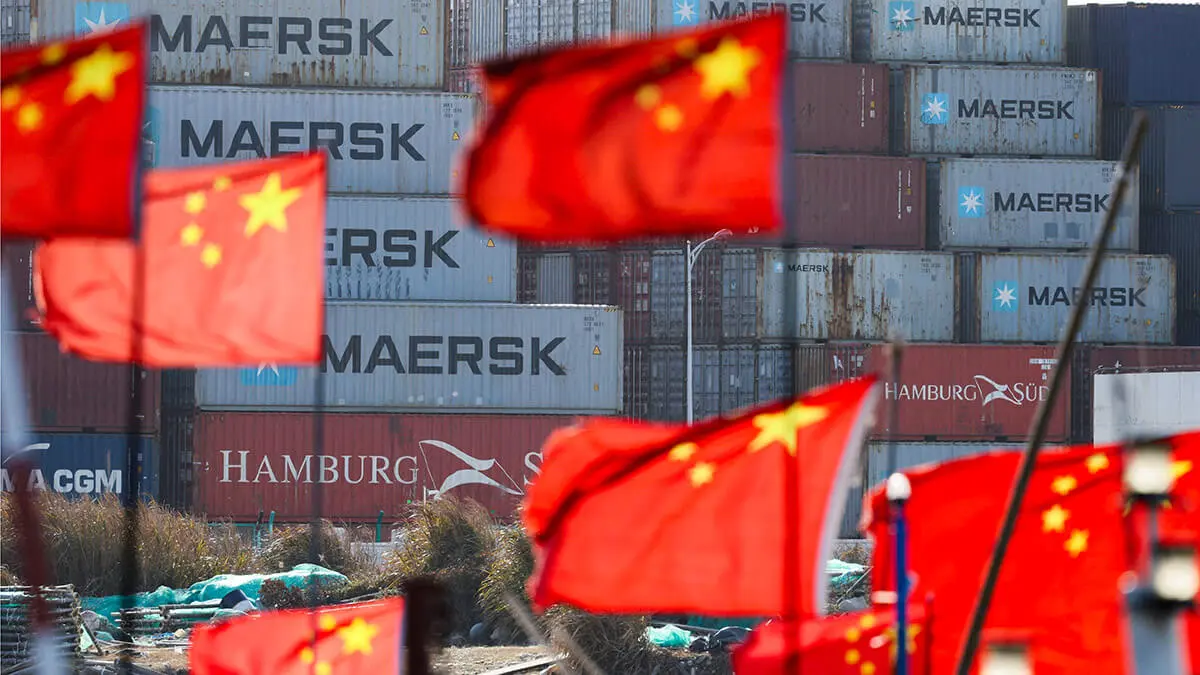Opportunities for Latin America in the new geopolitical environment

This new globalisation incorporates the security, flexibility and resilience of supply chains, that is to say, companies adopt the new strategic production trends based on the concepts known as friendshoring and nearshoring, and as these are favourable to Latin America (hereinafter Ibero-America), as they are in line with the principles proposed by the United States Secretary of the Treasury, Janet Yellen, to make trade more effective and secure, as well as with the value of geographical proximity where production is located.
In a framework document entitled ‘The new globalisation and opportunities for Ibero-America: friendshoring and nearshoring’ published by the Spanish Institute for Strategic Studies, I analyse the evolution of globalisation, fundamentally since COVID-19 and after Russia's invasion of Ukraine, and how in the new geopolitical environment the principle of economic security, supported by the flexibility and resilience of supply chains, has been gaining prominence, through concepts such as friendshoring (friendly countries) and nearshoring (nearby countries), favouring strategic investments in Latin America that could lead to innovation, technology and greater added value with higher quality jobs.
Main conclusions of the report:
• Fragility of globalisation: the relocation of production brought about by the globalisation of the economy manifested itself as an extreme dependence on third countries, which was accentuated by episodes such as COVID-19 or the invasion of Ukraine. At a global level, China represents 21% of final manufacturing and 30% of intermediate products and maintains its dominance in key sectors such as green energy (90% of solar panels). Geopolitics has invaded the economy and now the United States, Europe and China talk to each other about threats, trade wars, tariffs, technological and arms races, economic security... superimposing economic and foreign policy objectives and interests. Aligning themselves with this new re-globalisation, which implies lower growth in global trade for 2025 and 2026, companies are redesigning supply chains to make them more resilient, sustainable and flexible, using the new strategic trend of friendshoring and nearshoring that diversifies production among several countries and thus reducing strategic dependence.
• Opportunity for Latin America: in this context, Latin America can benefit from productive investments from Europe as well as from China or the United States, accelerating its industrialisation and productive modernisation through innovation, technology and greater added value, with higher quality jobs. It would be a good step towards overcoming the attractiveness that it will undoubtedly continue to offer due to its wealth of natural resources. China is currently the most important country for exports from Brazil, Chile, Cuba, Peru and Uruguay. For the author, the EU should aim to gain weight in the region, taking advantage of the significant presence of Spain as the leading European investor in the region and second in the world only behind the United States. If it does not, others will take its place.
• Mexico and Costa Rica are already benefiting from nearshoring and friendshoring strategies, but both trends represent an opportunity for the entire region. In the case of Mexico, it has already become the leading supplier to the United States, surpassing Canada and China. In 2023, Mexican exports to the US reached 475.607 billion dollars (+16.4% annually vs. Chinese exports, which fell by 21% annually).
CASILDA BÉJAR, Ramón. “La nueva globalización y las oportunidades para Iberoamérica: friendshoring y nearshoring”. Documento Marco IEEE 01/2025. https://www.defensa.gob.es/documents/2073105/2383976/la_nueva_globalizacion_y_las_oportunidades_para_iberoamerica_2025_dieeem01.pdf/d961b080-5561-f162-d9c5-4bc91fc9e6ec?t=1739879840165

